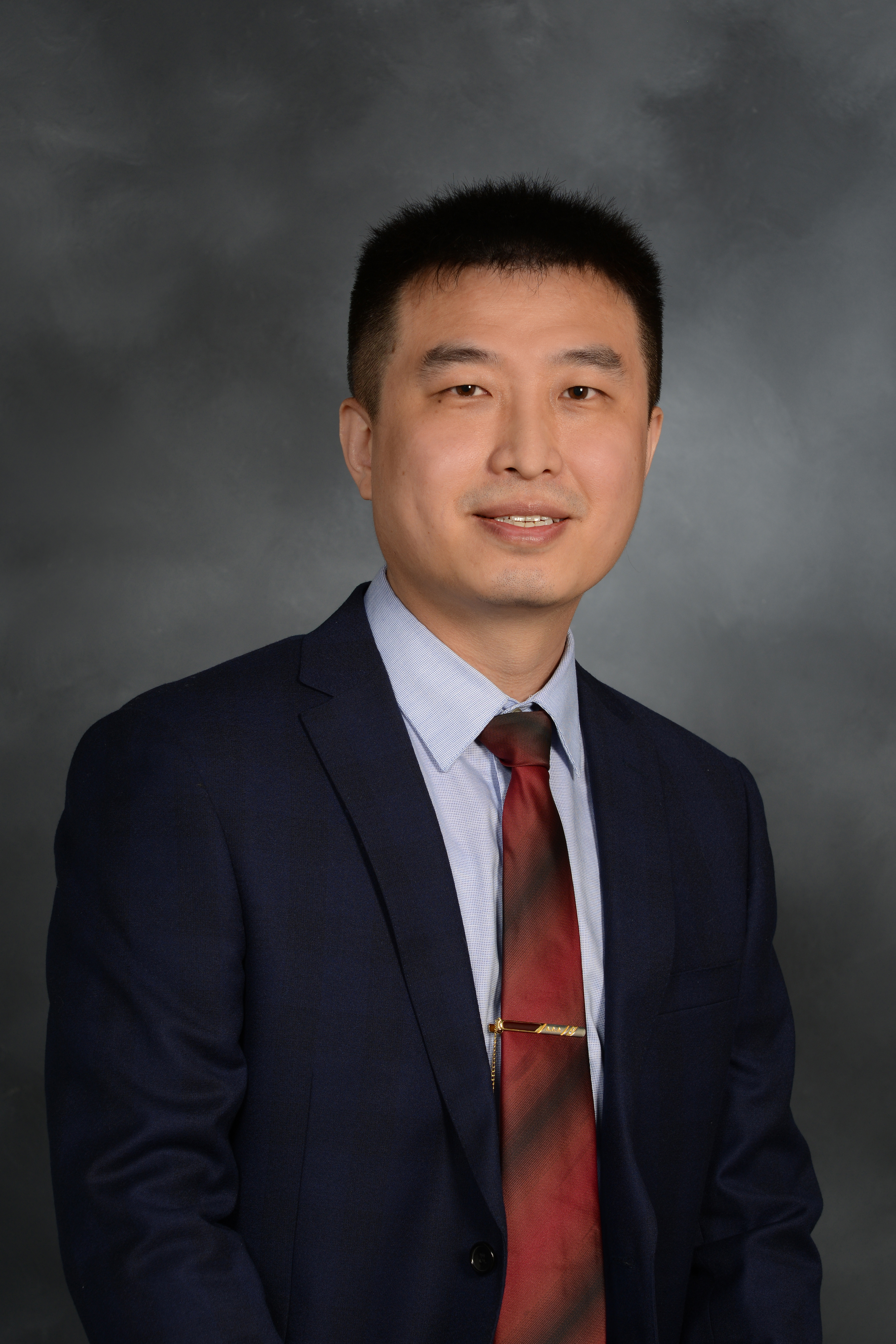
Dr. Yifan Peng, assistant professor of population health sciences, has been awarded a five-year R01 grant from the National Library of Medicine (NLM) in the amount of $712,024 for his project titled, “Closing the loop with an automatic referral population and summarization system.”
Dr. Peng will work with a team of colleagues from several institutions. These include Dr. Justin Rousseau, co-primary investigator from the University of Texas Southwestern, co-investigators Dr. Ying Ding and Dr. Greg Durrett from the University of Texas at Austin, and site primary investigator Dr. Yanshan Wang from the University of Pittsburgh. His team also includes Dr. Fei Wang, associate professor of population health sciences, and Dr. Mark Weiner, professor of clinical population health sciences at Weill Cornell Medicine, as well as Dr. Qian Yang from Cornell University.

Dr. Yifan Peng
Dr. Peng’s proposed research will address the referral process between primary care physicians (PCPs) and specialists. Currently, there is a lack of effective information transfer between the two parties, leading to duplicated tests, higher patient costs, and diagnostic errors. Dr. Peng and his team plan to use deep learning and natural language processing (NLP) methods to develop a novel framework that will collect and synthesize electronic health record (EHR) data to automatically summarize information and generate a referral form. Deep learning refers to the method in artificial intelligence of using models that mimic the workings of the human brain. NLP refers to the technology in machine learning that allows computers to analyze natural language data. The framework will focus on headache symptoms in primary care and the referrals between PCPs and neurologists.
“Headache is one of the most common symptoms in primary care and can be symptomatic of many things. So, when PCPs refer patients to neurologists for headaches, they need to be as specific as possible about why they are making that referral,” he explained. “However, we don’t have a consistent and standardized referral form between PCPs and neurologists.”
The first aim of the study is to design a standardized referral form. With the second aim, researchers will build machine learning models that extract necessary EHR data to automatically fill the referral form.
The third aim targets longitudinal EHR data and the narrative component of clinical notes. Dr. Peng explains that summarizing a given problem in a referral often relies on a series of clinical notes. Additionally, information regarding social determinants of health is not always recorded in the structured EHR, but in the unstructured clinician notes taken during a patient visit. Dr. Peng’s goal is to apply NLP techniques to extract necessary information from those notes and ensure that the referral forms generate text from both structured and unstructured EHR data.
“When we generate a summary [for the referral form], we have to ensure that it is factual. Large language models (LLMs) like ChatGPT are emerging technologies,” he said, “and in terms of text summarization, we notice that LLMs can generate very fluent and convincing text. But output generated by the LLMs is not always factually correct. It’s very problematic and something we’re looking to investigate.”
Finally, researchers will validate the headache referral system with a user-centered design. The goal is to assist clinicians with a timely and accurate triaging decision.
Dr. Peng has received support from both his team and the leadership at WCM, including Dr. Rainu Kaushal, senior associate dean for clinical research and chair of the Department of Population Health Sciences, Dr. Jyotishman Pathak, chief of the Division of Health Informatics and Frances and John L. Loeb Professor of Medical Informatics, and Dr. Bruce Schackman, Saul P. Steinberg distinguished professor of population health sciences and director of the Center for Health Economics of Treatment Interventions for Substance Use Disorder, HCV, and HIV (CHERISH).
In his work, Dr. Peng is committed to improving the interpretability of deep learning models and ensuring that people are able to understand why a given model makes certain predictions or decisions. He is optimistic that the interdisciplinary team leading this project will develop a referral system that empowers communication between PCPs and specialists while improving care for patients with headache-related disorders.
- Highlights

